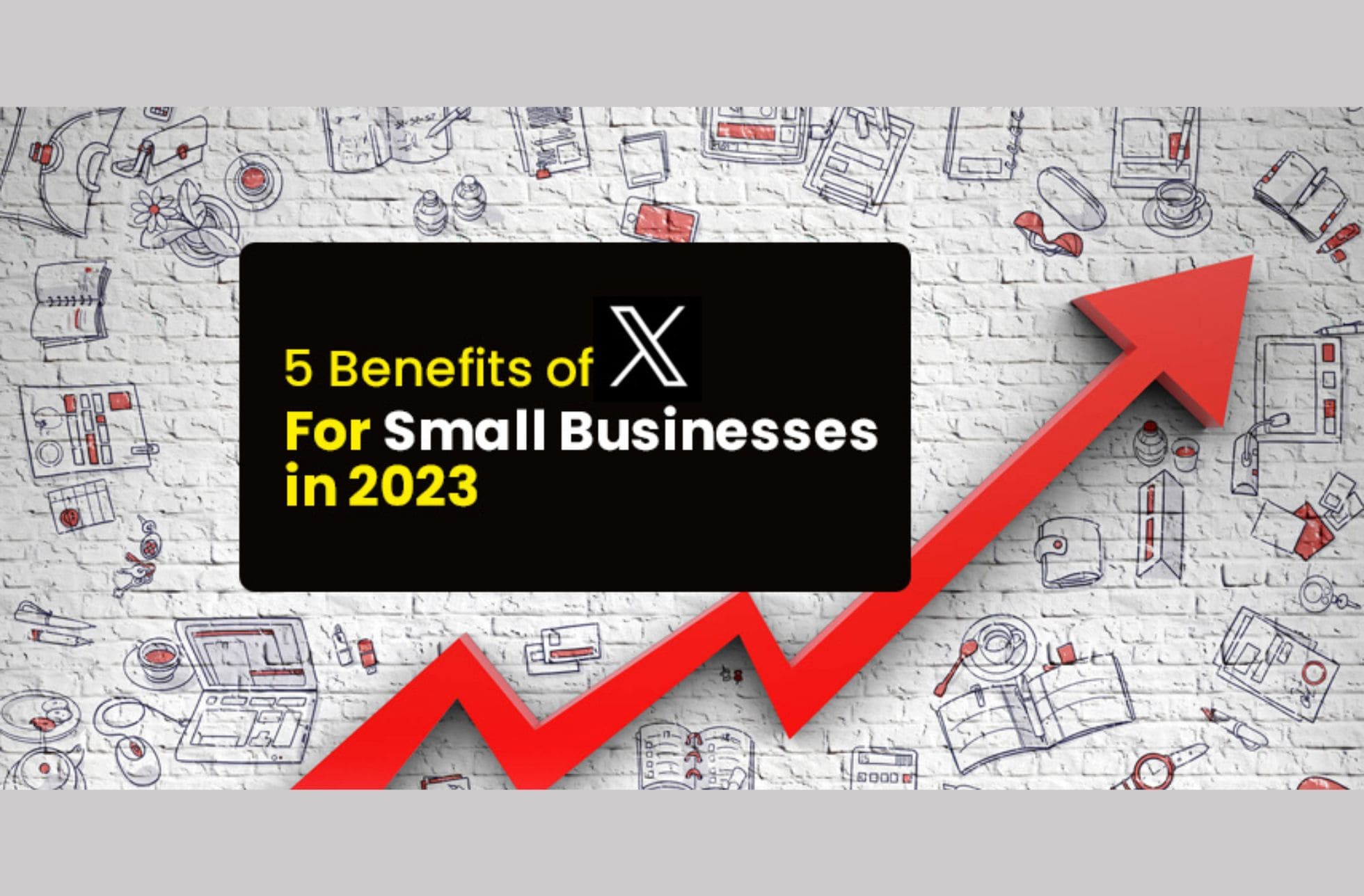Having an online store is a great way to earn money and create a business that isn’t restricted to the physical confines of a brick-and-mortar store, and with the Internet’s vast number of capabilities and platforms, there are more than enough tools that you can use to make your online business management easier. And trust us – SMBs to even the biggest online businesses are all avid users of various E-commerce tools that make their selling lives more manageable.
These E-commerce tools have become a sort-of “integral” part of online business management that it’s simply a waste of time for online business owners to avoid them or stick to more “traditional” methods. Here are our top tools for managing your online business – from the actual website to its social media pages – that will not only make your life easier but will also help you boost your E-commerce business further!
Analytics
Analytics are important for your online store as it gives you an image of the activity happening in it – from the demographics that are your most common audiences, pages that are more active than others, how when and why people leave your site, etc. And the beauty of it is that you can integrate it with just about any E-commerce platform.
Google Analytics is the most obvious tool that comes to mind when looking to measure analytics, but there are also several E-commerce tools that can help you depending on the platform you are using. Facebook and Twitter now have Insights tools that tell you the impressions that your posts are getting as well as your audiences’ presence, type of demographics, etc. Some E-commerce platforms have built-in analytics or exist as plugins, depending on what you’ve chosen.
Payment Gateway

Webopedia defines a payment gateway as “the service that automates the payment transaction between the shopper and the merchant. It is usually a third-party service that is actually a system of computer processes that process, verify, and accept or decline credit card transactions on behalf of the merchant through secure Internet connections.”
E-commerce platforms such as Shopify and Shopee have integrated services, but online stores build from the ground up need a third-party payment getaway in case the website provider does not have a plugin available for it.
There are hundreds of payment gateways available – for every country and for every type of payment method. Evaluate your options – from the number of payment methods they are able to provide for you to the security level that they feature. It’s also wise to integrate multiple options to ensure that, when one gateway option crashes, your other payment options are still available.
Online Photo-editing platform
An important part of online stores and your business’ social media presence is the visuals you attach to them. And if you’re not particularly graphics-savvy, you’re more than likely to be thinking of hiring a graphics designer to do the job for you. But here’s what you don’t know: it’s actually rather easy to learn the basics of graphic design once you have the essential tool you need: the photo-editing software.
Adobe Photoshop can be expensive and cumbersome to study with its numerous functions. To save you the time and effort, you can head over to websites such as Canva and jumpstart on making your own graphics for free – whether they be posters, social media posts, or even invitations. There are premade options for every type of graphics or you can make one from scratch, and every type of graphic is sized according to specification, especially if it’s for social media use.
There are also other e-commerce tools which allow you to edit pictures such as Pixlr (for those who are looking for more advanced photoediting services), Stencil, and PiktoChart.
Email Marketing platform

Email marketing is one of these e-commerce tools that can be great to boost your business because you’re dealing with people that are willing and are anticipating contact from you – meaning you aren’t repeating your messages to people who may not be so interested. It involves offering an option on your online store for your customers to fill in with their email address and sending them well-designed, striking email newsletters about what you can offer them that’ll prompt them to come back and buy more.
One of the more commonly-known email marketing platforms is MailChimp, which combines both the email signup form creation, easy designing, and actual sending in one place. It also is integrated in Facebook and Instagram advertising that allows you to find your customers there and reconnect with them. There are also other options available with a quick Google search.
Live Chat for Website
The beauty of social media for business is that it allows customers and businesses to interact with each other and even make (and answer) inquiries via messaging. This function can also be integrated in an online store so visitors don’t need to constantly switch tabs just to talk to you. Live chat apps for websites and online stores can do the job for you.
Some of these apps include ZenDesk, PureChat, and Quick Facebook Live Chat. Depending on your website provider or E-commerce platform, you may have ready options available in the widgets or plugins gallery that’ll be ready in a few clicks or you may need to use third-party apps that may take some small coding knowledge. Either way, these apps are great especially when your niche falls under millennials, as they’re commonly the most likely to use this faster communication method instead of sending an email.
Social Media Management and Scheduling platform

Managing an online store on top of needing to have social media presence for it can be time-consuming and tedious. Imagine spending hours managing orders, updating pricelists, contacting suppliers, shipping orders, and also needing to update your business’ Facebook, Twitter, Instagram, Pinterest, LinkedIn AND Google+ pages. That will most likely stress you out and make you prone to forgetting about posting to other pages – or forgetting to post at all.
Websites that can help you manage your social media accounts and schedule posts for you without switching back and forth between apps or websites is your best arsenal for this. Hootsuite and Zoho Social are perfect platforms where you can make and/or schedule posts on your various social media accounts with a few clicks. They also help you track social media activity within your pages or accounts such as post engagement, Insights and analytics, and (in the case of Zoho Social) recommend the best times for you to post according to when your audience is recorded to be most active.
Google Tools
We say “Google Tools”, but really, it’s a plethora of Google apps that we recommend, mainly because they have a wide variety that you’d be surprised that you actually need. You can make documents, spreadsheets, surveys and forms, presentations, then store those in a single place that you can access in any device as long as you have an Internet connection with Google Drive.
There is also Google Webmaster Tools, which helps you maintain your online store, see what problems (i.e. broken links) lie in your website, check the most commonly-searched keywords, and more. Google Keyword Planner helps your SEO efforts by letting you see what people are actually searching for, giving you related keywords that you can use, and is filterable based on factors such as location and demographics.
What E-commerce tools do you think should be added in this list? Let us know in the comments!




